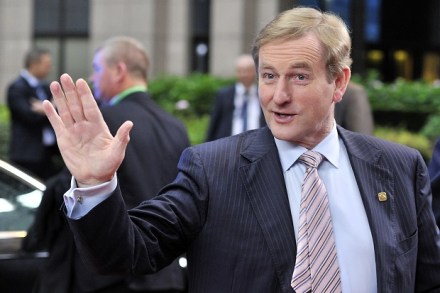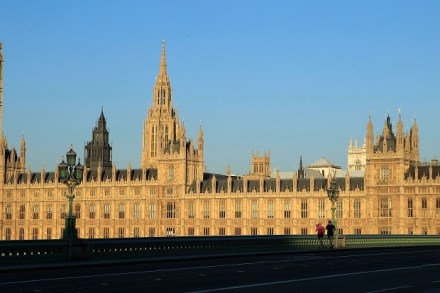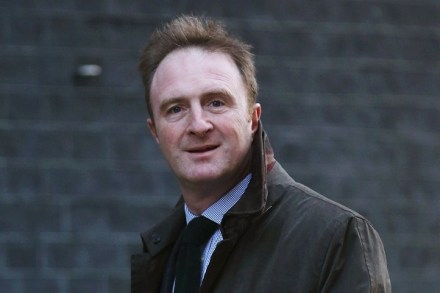Luck of the Irish? Ireland’s recovery is down to common sense and graft
My man in Dublin calls with joy in his voice to tell me ‘the Troika’ — the combined powers of the EU, the European Central Bank and the IMF — have signed off Ireland as fit to leave their bailout programme and return to economic self-determination. This is a remarkable turnaround in just three years since I visited the Irish capital in the midst of rescue talks — to find a nation in shock, staring at an €85 billion emergency loan facility that equated to €20,000 per citizen, a collapsing banking system and a landscape scarred by delusional, never-to-be-finished property developments. In the special Irish way, almost everyone I spoke

































